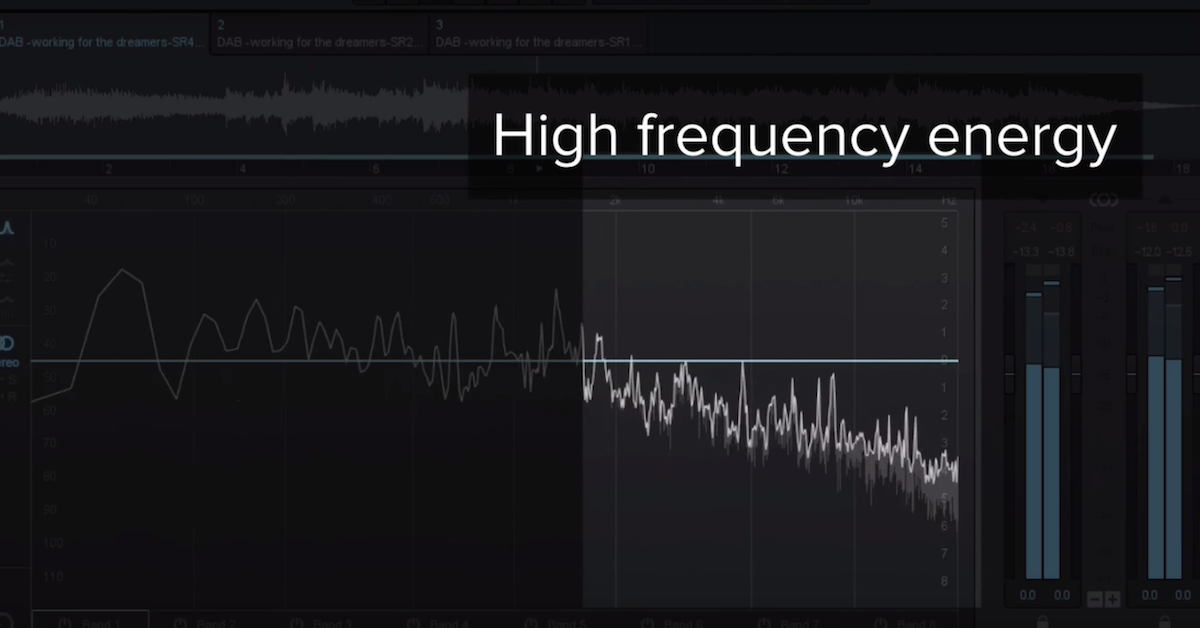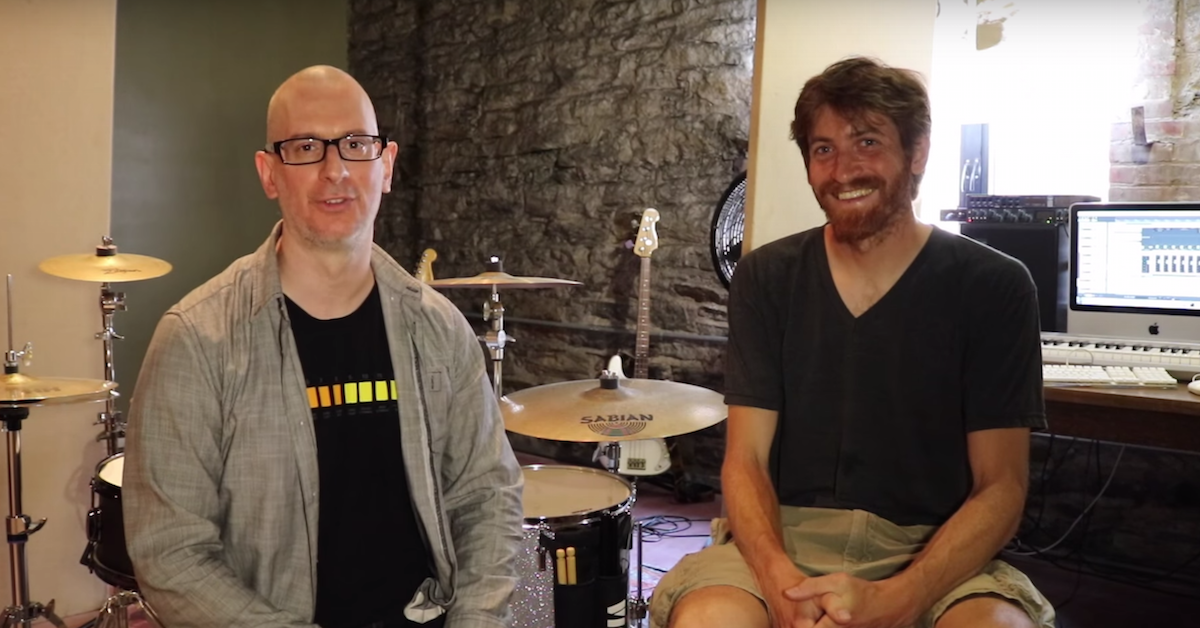An Introduction to Archiving Music Recordings
Article Content
Archiving may well be the least glamorous or exciting thing that has ever happened in a recording studio. That said, none of the fun parts of music production have much point if the recordings they produce can’t be played back over time. Understanding and practicing systematic archival basics is a necessity, whether you’re in it for the art, or to make a living (or some combination of the two).
Archiving a recording should be distinguished from ‘backing up’ your data as follows:
- A backup is a working safety copy of your production data. The goal of a systematic approach to backups is to keep data loss from stopping or significantly delaying your work in-progress. Backups contain current production data for in-progress projects as of the conclusion of the most recent session.
- An archive is long-term asset storage. The goal of a systematic approach to archives is to be able to reproduce the various (finished) master recordings associated with a project throughout its useful life, i.e. copyright term.
Why Not Use Your Last Backup as an Archive?
Paradoxical as it sounds, technology is the stuff that’s standing in the way of your master recording playing back over the long term. Specifically, the sort of production data that we backup after every session is heavily dependent on two different groups of technology:
- Primary technology like the DAW session/project file, the audio file format, and the hard drive used to store the recording;
- Secondary technology like the OS version that facilitates your DAW version, all of your plugins, and the hardware capable of facilitating all of the above.
None of these may seem like imminent dangers, but just 5 or 10 years down the line there will likely be several technological barriers to playing back your DAW session in its current state, on the current storage device. Examples abound, so we’ll move on without scary storytime.
What Should You Archive?
The music production process usually produces a minimum of 3 sets of master recordings:
- Multitrack Masters – the complete, edited multitrack recordings that fed the mixing process, e.g. Pro Tools sessions, 2-inch 24-track tapes, etc.;
- Mix Masters – the various 2-tracks and bounces that fed the mastering process, e.g. stereo audio files, ½-inch 2-tracks, etc.;
- Replication/Distribution Masters – the media that came out of the mastering process to facilitate distribution, e.g. CD replication master(s), file sets for upload, etc.
Within a systematic approach to archiving, each of these sets of master recordings needs to be addressed in terms of:
- ‘Contents’ that are dependent only on industry-standard primary technology, and independent of any secondary technology;
- ‘Container(s)’ (storage media) that are industry-standard archival media, intended to be used as part of a redundant storage regimen.
Defining “Industry Standard”
Media professionals depend on a lot of specialized technology and common practice, so there are a lot of niche standards organizations within the world for music, television, and film. Nonetheless, all of them are producing media required to endure throughout copyright term, so archival standards are a universal consideration.
In the music world The Recording Academy (a.k.a. Grammy365) has a membership division called the Producers and Engineers Wing dedicated to forming, promoting, and tending to guidelines and recommendations specific to music recording. The P and E Wing’s “Recommendation for Delivery of Recorded Music Projects” establishes a comprehensive protocol of music deliverables, “in the interest of all parties involved to make [master recordings] accessible for both the short term and the long term.”
In their own words, “The Association for Recorded Sound Collections (ARSC) is a nonprofit organization dedicated to the preservation and study of sound recordings, in all genres of music and speech, in all formats, and from all periods.” To those nuanced ends their technical committee has developed and published their own document of recommendations for the ”Preservation of Archival Sound Recordings”.
Some other detailed resources include:
- The U.S. Library of Congress’ Digital Preservation site
- The American Library Association’s overview of ” Metadata Standards and Guidelines Relevant To Digital Audio”
Who Has the Answers?
All of the resources listed above (and many others) have excellent, time-tested processes and specifications for durable archives. Some of them may conflict or be incomplete, but any move toward standardization within a working group is a good thing.
None of us can claim the sort of foresight necessary to devise an archival scheme free of threat from technological obsolescence, but standard practices allow us to hedge our bets together. If we all carefully choose a small handful of archival technologies, we have the opportunity to have a coordinated approach to migration once those standardized choices (inevitably) begin to fail over time.
Check out our follow-up article, ‘How to Archive Multitrack DAW Recordings‘.





